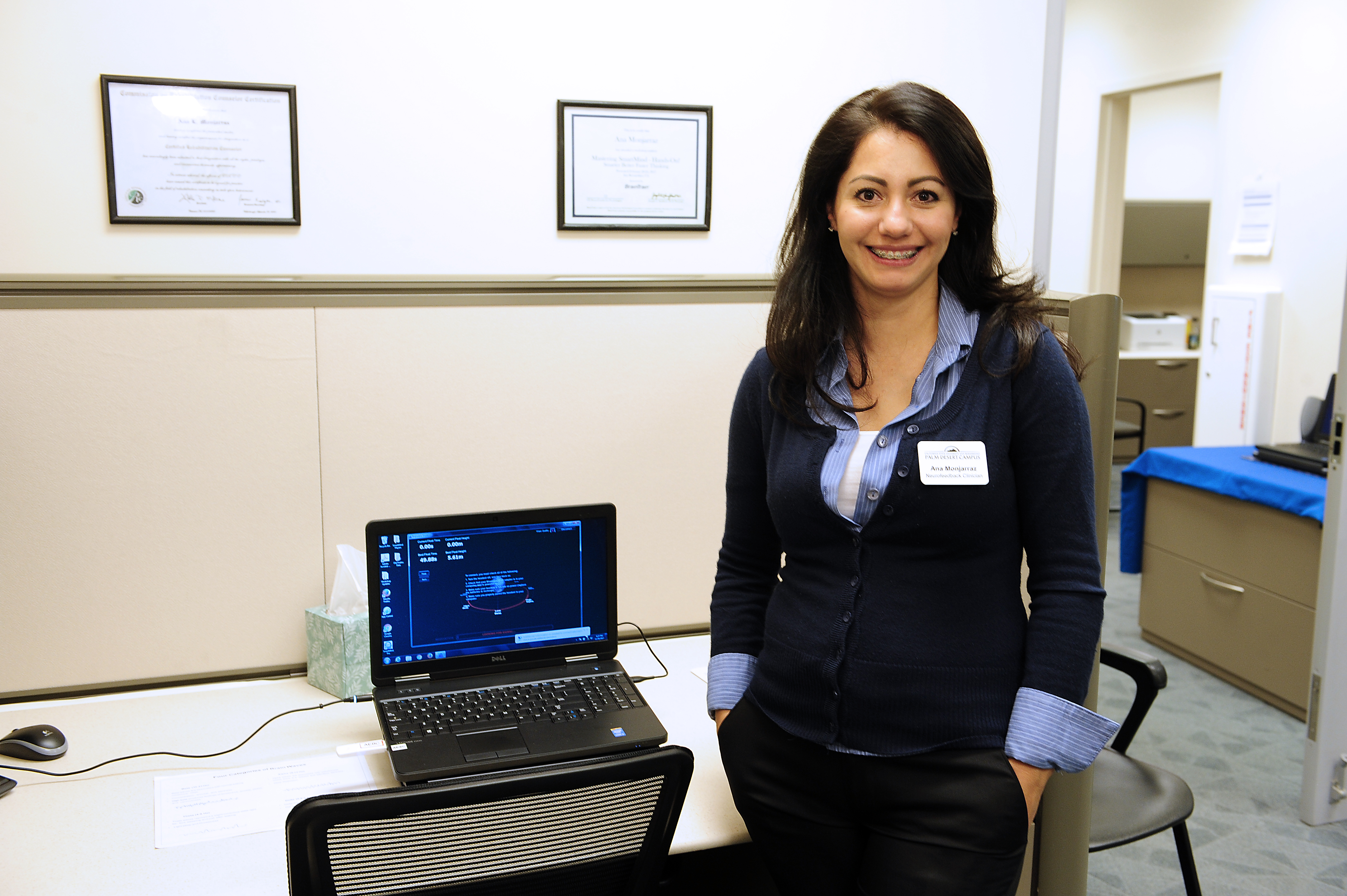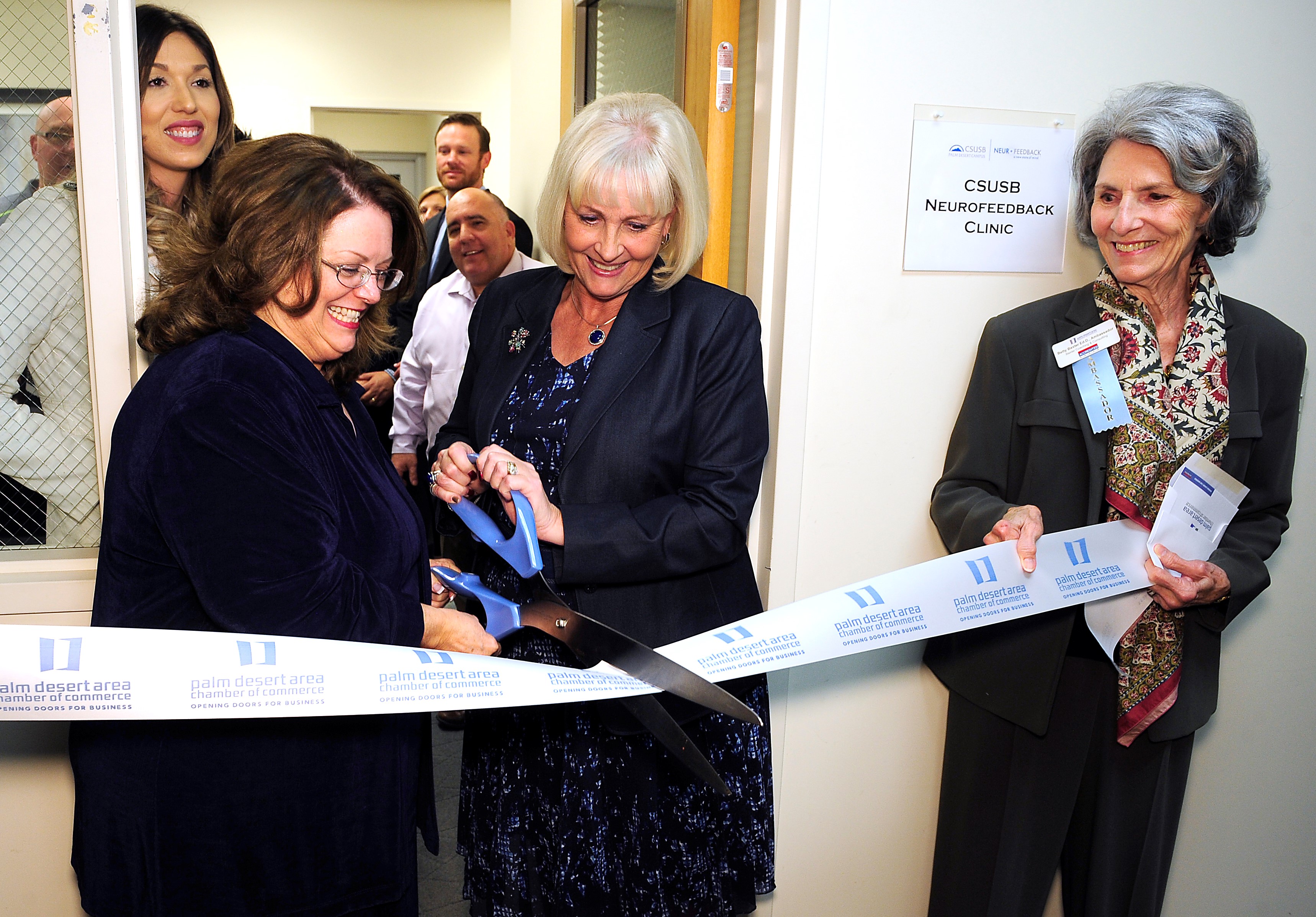Neurofeedback for Treatment of Anxiety and Depression (2021-2022)
The neurofeedback work at CSUSB has regularly demonstrated that neurofeedback offers remarkable results for challenges such as anxiety, trauma, behavioral and social-emotional dysregulation, and learning difficulties. Through neurofeedback, the brain filtering areas are strengthened affecting the way the brain processes external stimuli while building greater resilience to life’s traumas and stressors. The resulting enhanced processing skills lead to increased emotional self-regulation, decreased behavioral interventions, improvements in academic work, and improved family dynamics. The research work and case studies support these findings and are providing leading-edge interventions to children who have been identified with anxiety, depression, and learning difficulties. Implementing this program will provide a valuable option to parents, counselors and educators to alleviate the child’s emotional difficulties while permitting the child to develop life-long effective strategies building resilience to future stressors.
Prior to the pandemic, over 20% of students in public schools had been identified by their teachers in national surveys to have significant attention problems which are impairing their academic success. These numbers are expected to increase substantially upon return to the classroom following more than a year of isolation, stress, trauma, and loss of academic progress due to the pandemic. Estimates are as high as 70% of the student population in the Coachella Valley is now experiencing elevated levels of anxiety coupled with grief due to the death of close family members.
Overwhelmingly, children who are experiencing anxiety and depression demonstrate increased learning problems as a result of brain processing difficulties. With 10 to 20 hours of brain training, the on-going work at the CSUSB PDC neurofeedback clinic has shown substantial improvement in children’s sustained ability to better self-regulate moods, listen well, assure that messages are being understood, understand visual information, and increase attention and memory capacity – all critical for academic success.



